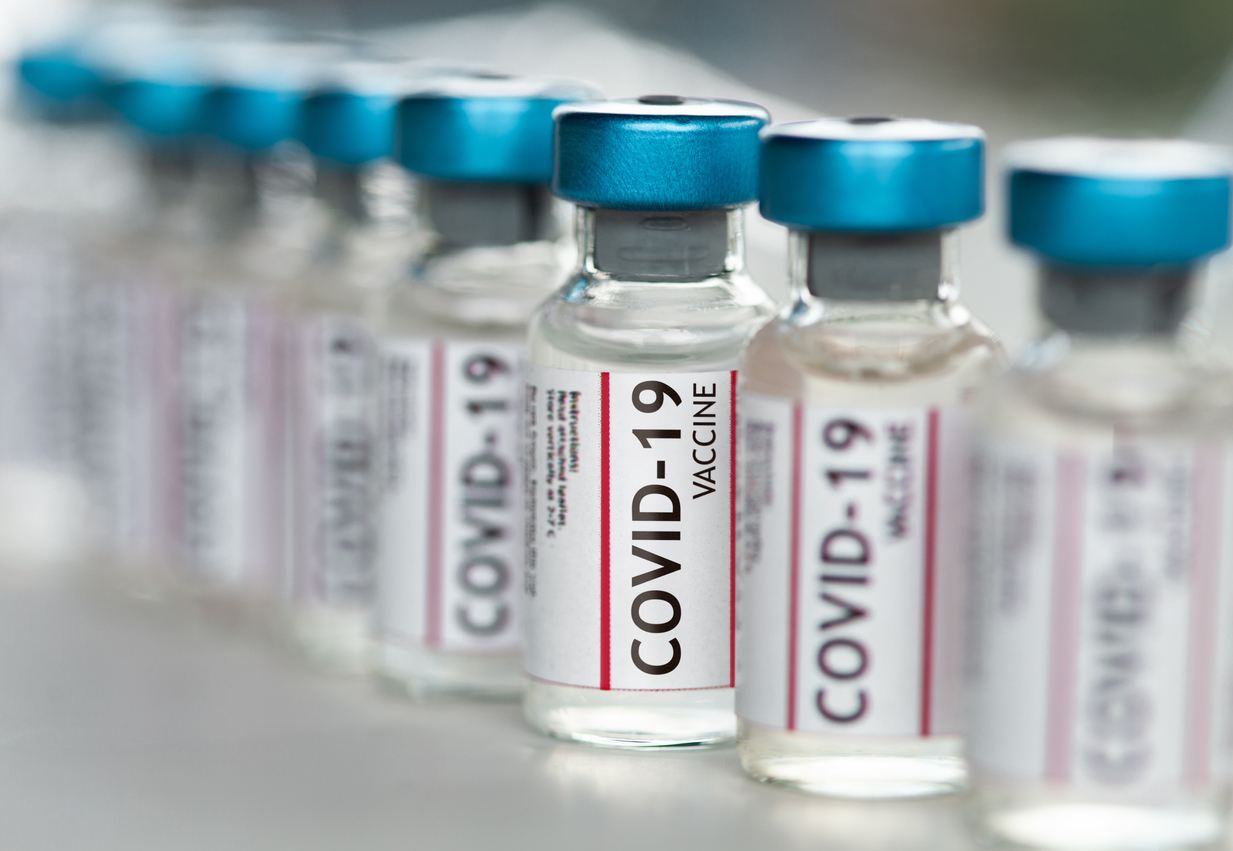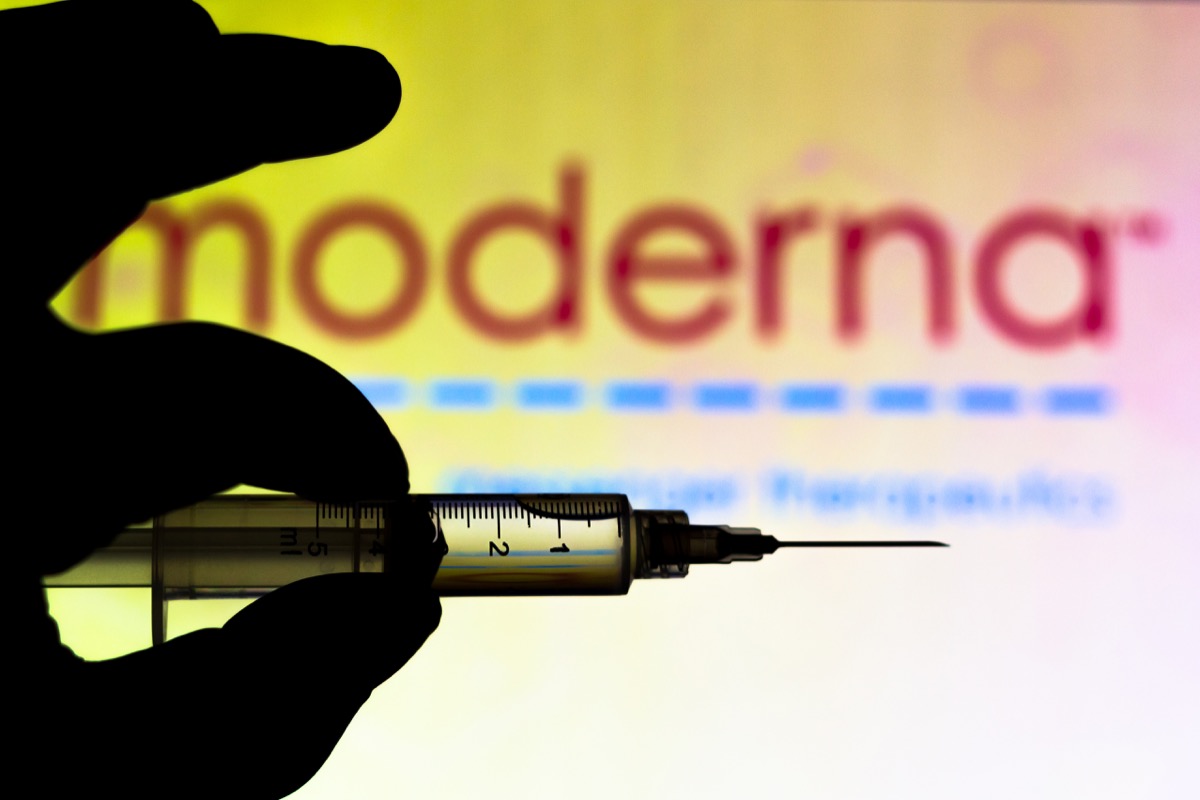The grim forecast comes from the results of a recent survey carried out by the People’s Vaccine Alliance, a coalition of international organizations that includes Amnesty International, UNAIDS, and Oxfam. Of the 77 epidemiologists, virologists, and infectious disease specialists from 28 countries that responded, two-thirds felt that the current first-generation vaccines would need to be modified to stay effective within a year, The Guardian reports. The remaining one-third of respondents had an even more grim outlook, predicting that modifications may be needed as soon as nine months from now. But the survey also shed light on why they believed current vaccines could soon be obsolete. 88 percent of respondents said that low vaccine coverage in some countries would create the opportunity for new variants to appear that could render the current shots much less effective. “New mutations arise every day. Sometimes they find a niche that makes them more fit than their predecessors. These lucky variants could transmit more efficiently and potentially evade immune responses to previous strains,” Gregg Gonsalves, PhD, associate professor of epidemiology at Yale University, said in a statement. “Unless we vaccinate the world, we leave the playing field open to more and more mutations, which could churn out variants that could evade our current vaccines and require booster shots to deal with them.” And for more on what could already be affecting how well your doses are protecting you, check out The Pfizer Vaccine May Be Less Effective If You Have This Common Condition. The survey also found that close to three-quarters of respondents felt that open sharing of technology and intellectual property between countries could vastly improve the vaccine’s rollout. In the meantime, programs such as the World Health Organization’s (WHO) COVAX initiative aim to create an internationally sourced stockpile to ensure equal distribution of doses between wealthier and poorer nations. But some policy experts believe the program is aiming far too low to be effective in stopping the spread of COVID. “The urgency we see in rich nations to vaccinate their populations, aiming for all adults by the summer, is simply not reflected globally. Instead, we have COVAX aiming for perhaps 27 percent [of the population of lower-income countries] by the end of the year if we possibly can manage it—that is simply not good enough,” Max Lawson, head of inequality policy at Oxfam and the chair of the People’s Vaccine Alliance, said in The Guardian.ae0fcc31ae342fd3a1346ebb1f342fcb The survey’s results mirror comments from other top experts in the pharmaceutical industry. According to Moderna CEO Stéphane Bancel, we’ll likely need to get a COVID vaccine booster annually, potentially combined with other annual shots. “You might end up with a thing like the flu where every year, every two years, you need a boost,” Bancel told Forbes. And well ahead of the expected nine-month window until it could become less effective, he also said that Moderna had already submitted a newer version of the vaccine focusing on the South African B.1.351 variant to the National Institutes of Health for testing and that yet another version that can be stored at standard refrigerator temperature has already started clinical trials. And for more on what other top industry experts predict, check out The Pfizer CEO Says This Is How Often You’ll Need a COVID Vaccine.



